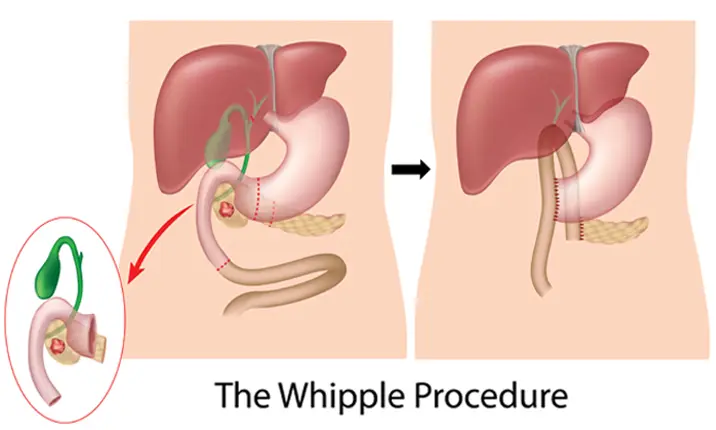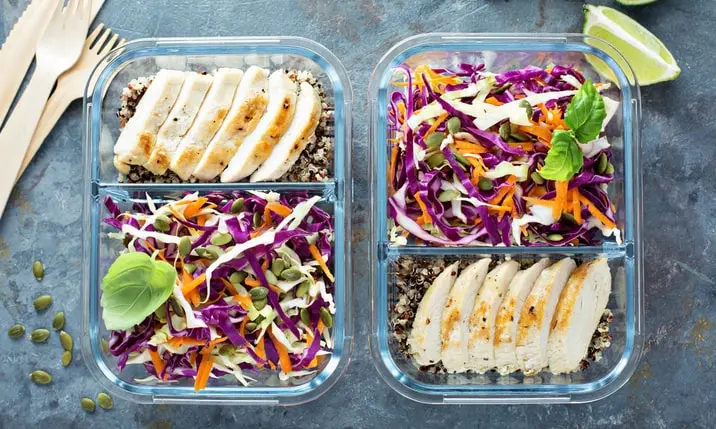Eating every 2 hours can sound like a full-time job.
Imagine having 2 slices of bread the moment you wake up, and later, a glass of milk and a fruit. Just before lunch, you have a snack, and then 2 hours later, a bite-sized lunch. Basically, you follow an 'eat-break-digest-repeat' meal plan. Time is pretty much spent revolving around buying, preparing and consuming food!
Is the 'many mini meal' strategy practical? We explore the advantages of such a nutrition plan, the people it benefits, and why.
The need
You may be surprised to know that this form of eating plan is necessary for some people, such as those who have undergone a gastrectomy (total or partial stomach removal). The lack of stomach to hold your food can induce early satiety (the feeling of fullness).
Poor food choices may even develop diarrhoea. This is linked to the dumping syndrome, a condition where the emptying of food into the small intestines is so quick that it causes poor digestion and/or absorption. Very often, these people will have a reduced volume of food intake in order to avoid experiencing symptoms. Naturally, with reduced quantity of food, meeting your nutritional requirements would be difficult.
Another example of people who may follow this plan are those have undergone the Whipple procedure. This is a complex surgery where the head of the pancreas, bile duct, gall bladder, and part of the small intestine are removed. Intermittent eating would suit these individuals well.
Nevertheless, the food choices have to be smart, such that the meal plans are dense in energy and nutrients.
The benefits
The 'many mini meals' strategy will benefit people who cannot consume a normal portion of food at meal times. Their consistent feeling of fullness results in their lack of appetite.
This practice of eating small portions at regular intervals can facilitate them in meeting their daily nutritional requirements.
It can also help with avoiding many symptoms associated overconsumption with a short gut, such as bloat, abdominal discomfort, diarrhoea, nausea, or vomiting.
The worst-case scenario is when these individuals reduce their intake so much that they end up losing weight and muscle mass, which decreases their quality of life and functional capacity to be independent with their daily activities.
The problem
Like discussed at the start, eating so frequently may become a chore. Preparation of food, would already take up a lot of time. Unless one chooses convenient food or had help. Grocery shopping would also take up some time. Some patients may be too tired to eat or chew food, while others may not have any knowledge to prepare appropriate food. If these problems are not resolved, weight loss would be expected. Research has shown that weight loss, in patients who had undergone the gut surgeries often linked closely with poorer quality of life, and high mortality rate. On another note, eating so frequently can be tiring. You might not even feel hungry before the next snack, and you have to force yourself to eat it. One can get quite uncomfortable.
The solution
- Prepare food in larger amounts for the day and store them appropriately in the refrigerator.
- Cut food into smaller pieces. During meals, chew food thoroughly to assist with digestion.
- Oral nutritional supplements (drinks) may benefit individuals eating foods high in calorie and nutrients.
- Individuals with poor appetite can have high-calorie foods, including a small amount of fried food depending on tolerance, to facilitate higher calorie intake.
- Blending ingredients can assist with oral intake while retaining the fibres.
- Ask for help. Having someone to assist with cooking can lighten the burden of always needing to prepare your meals!
The benefits of eating many meals a day outweigh the troubles of doing so. This strategy ensures you do not lose weight while recovering, and that you meet your energy and nutritional needs.
Speak to your dietitian if you need help with planning your nutrition regime!














